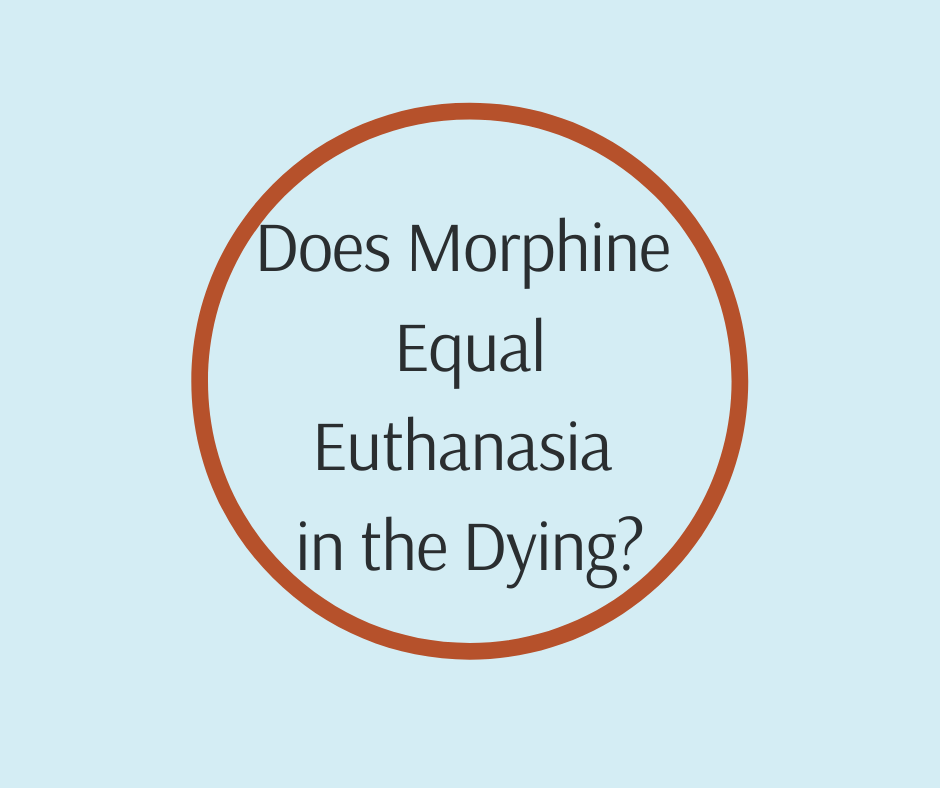Barbara, My mother is in final stages (or is she?). Has not had food or drop of water in 16 days. She is in a coma state and receives morphine several times a day. Her only illness is dementia. I guess my question is how much longer can she survive?
Many factors will affect the time in which your mother dies. Her body size is the key factor, the heavier she is the longer it will take. Also I am wondering if the morphine is being given with IV fluids. If so then she is being hydrated and that can extend her life as well as contribute to increased congestion. If she has no other disease process I wonder why she is receiving any morphine at all. Dying is not painful, disease causes pain and dementia is generally not physically painful.
If she has had no water of any kind for 16 days I would expect her to die at anytime--maybe before I write this.
I do not have enough information to be specific as to the unfolding of your mother’s dying process. I do know that dementia is not a disease in itself. It is a symptom of many different diseases. If there is no disease process other than dementia then her body is shutting down because of the lack of food and water. I know that sounds harsh but if she is in a coma (I am wondering what caused the coma?) then by not intervening with artificial feeding and hydrating you are allowing death to arrive in its natural, normal way.
Remember there is a huge difference between just breathing and actually living. I alway ask “Would you like to be attached to machines and just breathing with no other cognitive functioning?” Most of us would not. It is not wrong or a “sin” to refuse medical intervention when quality of living will not be an expected outcome.
In these last days with your mother talk to her as though she can hear and understand you. Tell her what she has meant to you. Tell her of your love. Use this special time to say goodbye.
Something more about "16 Days Without Food or Water"...
The use of narcotics with end-of-life patients is challenging at best for not only family caregivers, but also for healthcare workers. Much of that confusion is addressed on my NEW BOOKLET, Always Offer, Never Force: Food At End of Life. If you are caring for a loved one with dementia, my booklet, How Do I Know You? Dementia at End of Life will support you with the unique signs of approaching death with a dementia patient.







